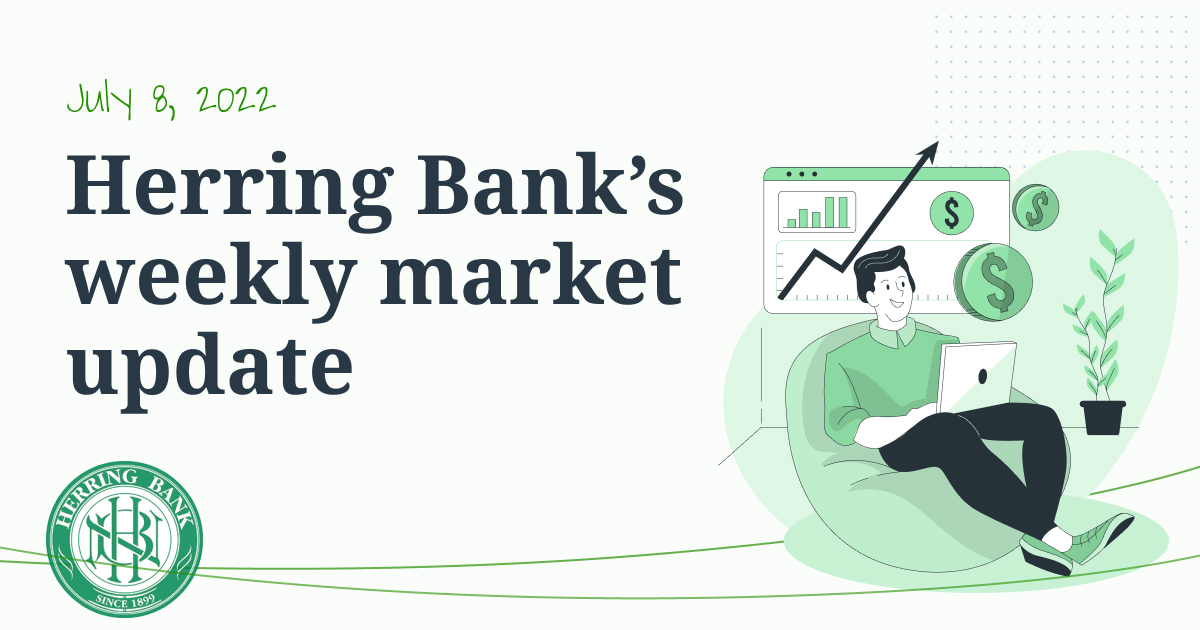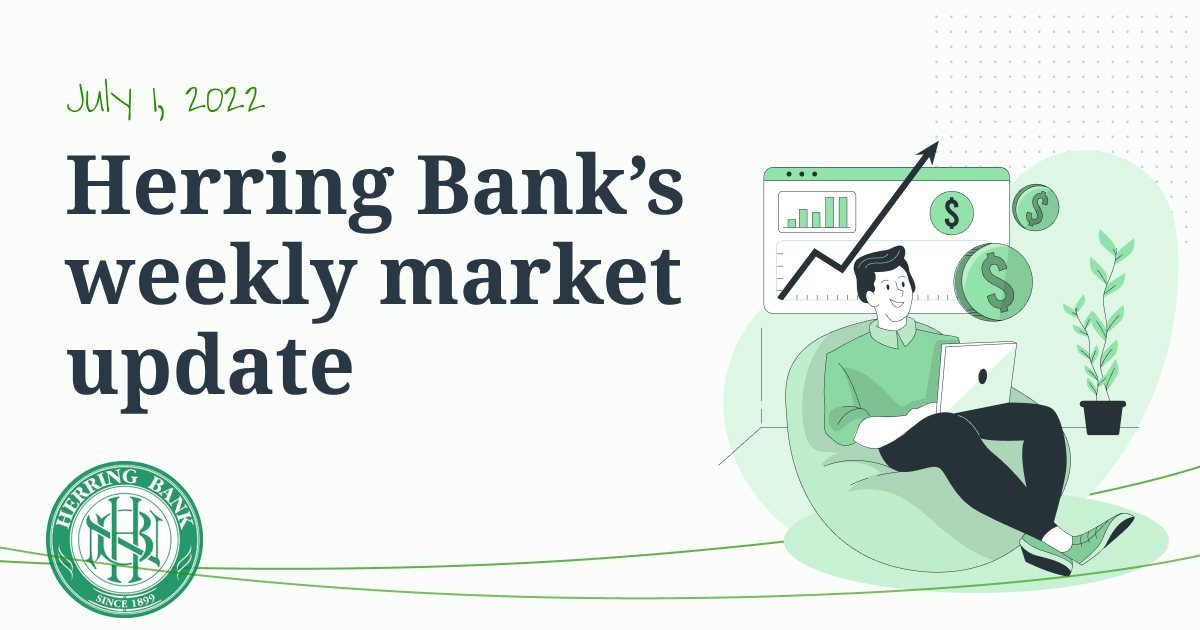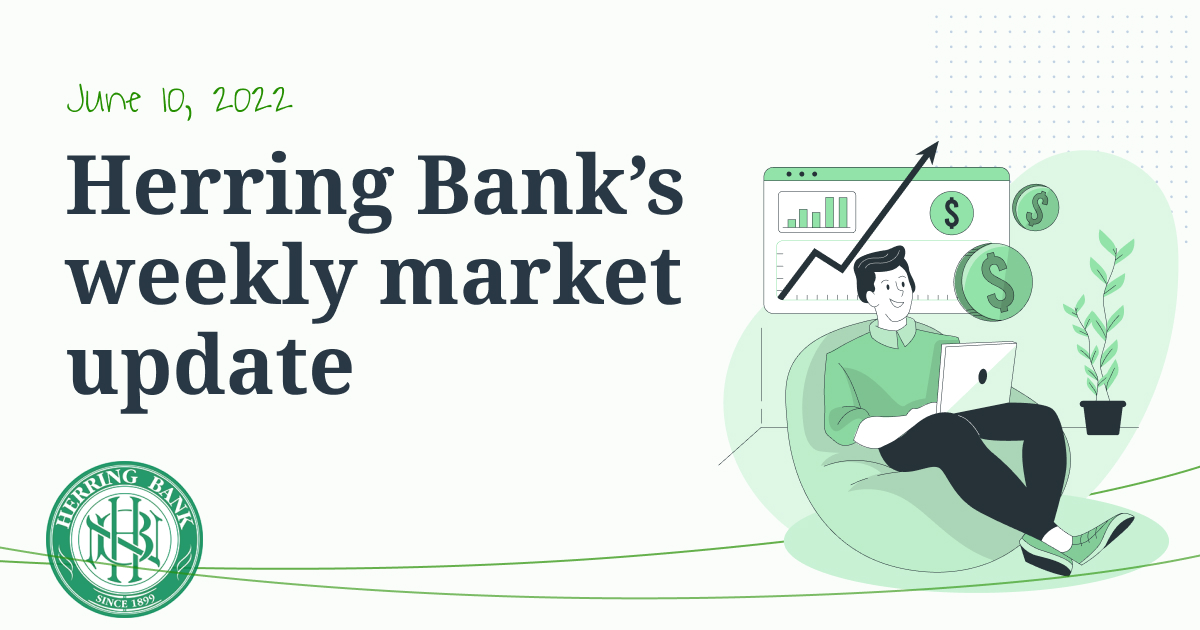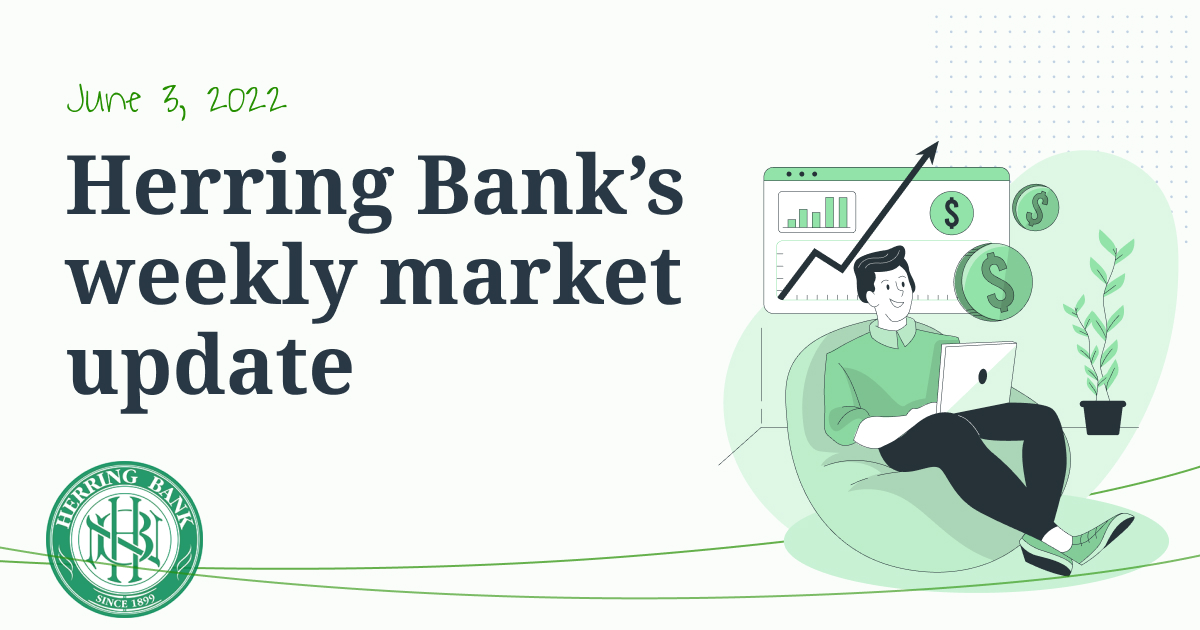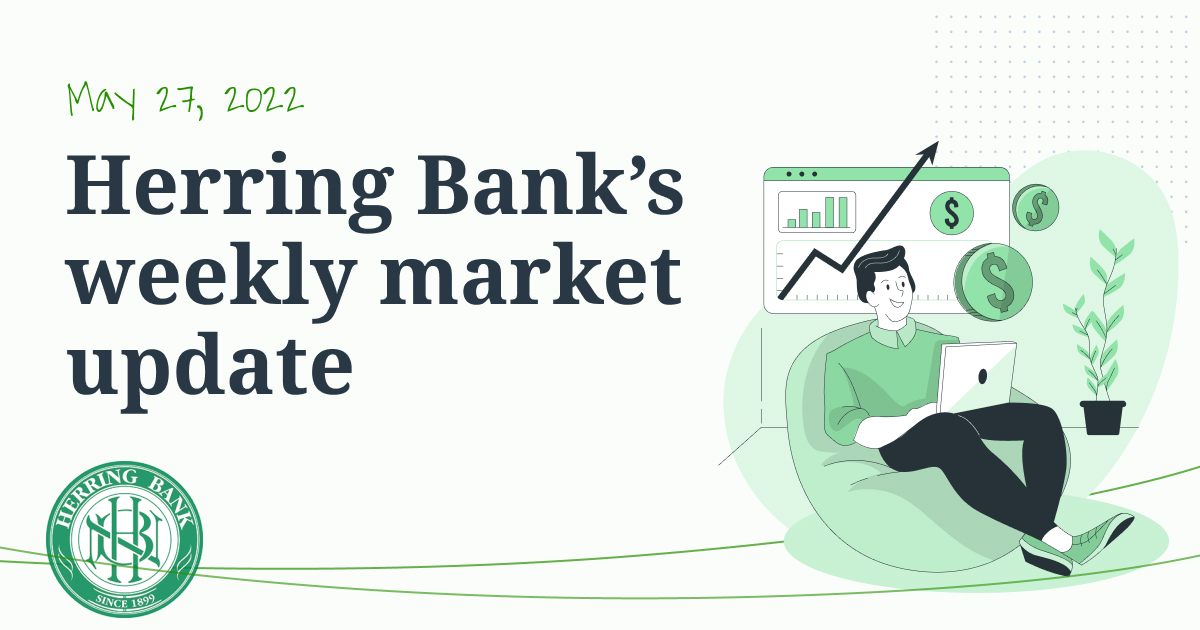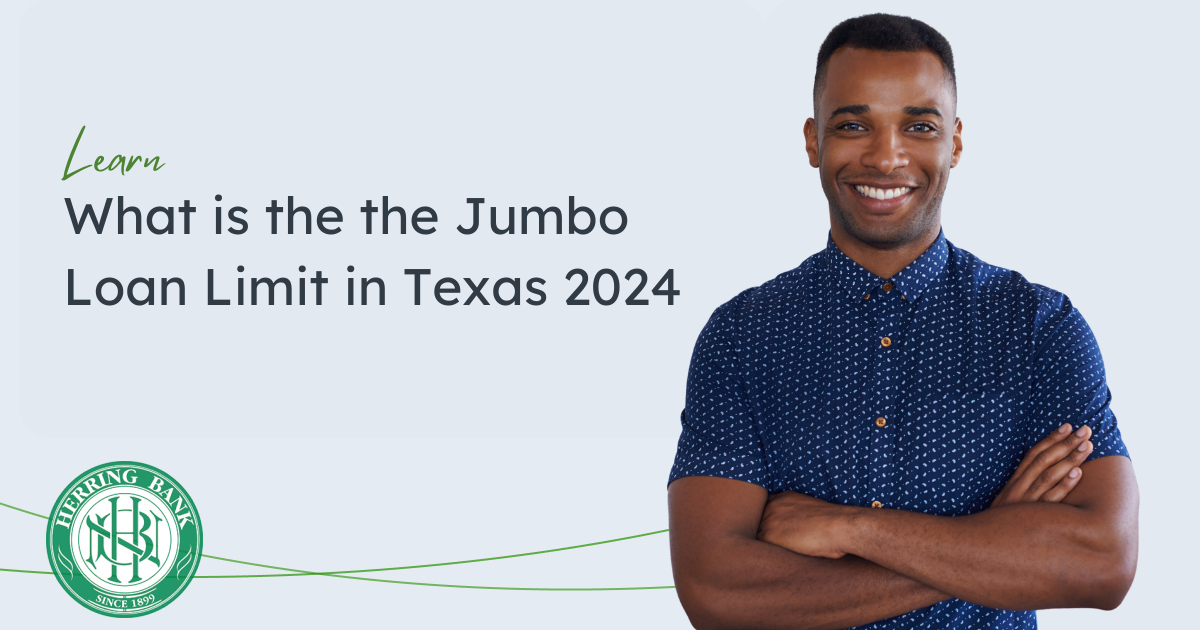
What is the the Jumbo Loan Limit Texas 2024
Looking to buy a high-value home in Texas? The jumbo loan limit Texas 2024 ranges from $766,550 to $1,149,825, changing based on the county. This article will explain these limits and how they impact your ability to finance a home.
Key Takeaways
- The Texas jumbo loan limits for 2024 range from $766,550 to $1,149,825, accommodating high-value properties across diverse regions and property types.
- Jumbo loans provide essential financing for buyers in competitive real estate markets, particularly in high-cost areas, and require stricter qualifying criteria than conforming loans. Managing mortgage payments is crucial for these loans due to the higher risks involved for lenders.
- Choosing the right mortgage lender is critical for securing a jumbo loan, with options available such as DSCR loans and bank statement loans for those who may not meet jumbo loan qualifications. Specific down payment requirements for investment property must also be considered.
What Are Loan Limits and Why Do They Matter?
Loan limits refer to the maximum amount a borrower can take out for a specific type of loan. These limits play a crucial role in determining the type of mortgage a borrower can qualify for and, consequently, the type of home they can afford. Understanding loan limits is a fundamental step in the home-buying journey.
Loan limits are set by government-sponsored enterprises (GSEs) such as Fannie Mae and Freddie Mac. These limits vary by location and type of loan, reflecting the diverse real estate markets across the country. For instance, conforming loan limits are established by the Federal Housing Finance Agency (FHFA) and are adjusted annually based on changes in the average U.S. home price. In 2024, the conforming loan limit in Texas is set at $647,200.
Jumbo loan limits, on the other hand, are determined by individual lenders and can vary widely depending on the lender and the borrower’s qualifications. These loans exceed the conforming loan limits and are designed for high-value properties. Because they involve larger sums of money, jumbo loans typically come with stricter qualifying criteria and higher interest rates.
Understanding these limits helps prospective buyers navigate their financing options more effectively. Whether you’re looking to purchase a modest home or a luxury estate, knowing the loan limits can guide you in selecting the right mortgage product and planning your budget accordingly.
Texas Jumbo Loan Limit for 2024
The jumbo loan limits in Texas for 2024 are set between $766,550 and $1,149,825, reflecting the state’s diverse real estate market and the varying costs of properties across different regions. These limits are crucial for buyers looking to acquire high-value homes that surpass the conforming loan limits set by Fannie Mae and Freddie Mac. For single-unit properties, the starting limit is $766,550, while multi-unit properties can have limits up to $2.2 million, accommodating the needs of larger families or investors. FHA loan limits are also an important consideration for those exploring financing options.
In high-cost counties like Travis, where property prices are significantly elevated, the jumbo loan limits can be higher, reflecting the local market conditions. This flexibility ensures that buyers in expensive markets can still access the financing they need without being constrained by lower limits.
The maximum amount for jumbo loans in Texas can reach $3 million or more, providing ample room for purchasing luxury properties or expansive estates.
Importance of Jumbo Loans in Texas
Jumbo loans play a pivotal role in Texas, particularly in competitive real estate markets where high-value properties are prevalent. These loans are essential for buyers seeking to acquire luxury homes or properties that exceed the conventional loan limits set by Fannie Mae and Freddie Mac. In high-cost counties, such as Travis, jumbo loans are often the only viable option for financing due to the elevated property prices.
Lenders face significant risks when borrowers default on their mortgage payments, especially with jumbo loans. Managing mortgage payments is crucial to mitigate these risks and ensure the stability of the lending process.
The importance of jumbo loans extends beyond just high-value properties. They provide the flexibility to finance various property types, from single-family homes to multi-unit residences, catering to diverse needs and lifestyles. This flexibility is particularly beneficial in Texas, where the real estate market is characterized by significant variations in property types and prices.
Conforming Loan Limits vs. Jumbo Loan Limits
Recognizing the difference between conforming loan limits and jumbo loan limits is crucial for any prospective homebuyer. A conforming loan limit is a mortgage that falls within the limits set by Fannie Mae and Freddie Mac, which, for 2024, are set at $647,200 in Texas. Loans that exceed this amount are classified as jumbo loans and typically involve higher loan amounts and more stringent qualification criteria.
Jumbo loans in Texas start at $766,551 and can reach up to $3 million, depending on individual financial factors and local home prices. This classification means that jumbo loans are often necessary for those purchasing properties in high-cost areas or for those investing in larger or more luxurious homes.
While jumbo loans offer the opportunity to finance higher-cost properties, they also come with stricter underwriting standards and higher interest rates, reflecting the increased risk to lenders.
Qualifying Criteria for a Texas Jumbo Loan
Qualifying for a Texas jumbo loan involves meeting more rigorous criteria compared to conventional loans. These loans are designed for buyers with strong financial profiles, requiring extensive documentation and higher credit standards. Borrowers must demonstrate their ability to manage larger loan amounts through stable income, solid credit history, and sufficient assets.
The qualifying criteria can be broken down into three main areas: credit score requirements, down payment requirements, and debt-to-income ratio. Each of these factors plays a significant role in the approval process, ensuring that borrowers have the financial stability and capability to handle the demands of a jumbo loan.
Credit Score Requirements
To qualify for a jumbo loan in Texas, the following criteria generally apply:
- A minimum FICO score of 680 is required.
- Many lenders prefer scores higher than this threshold, particularly for investment properties, to mitigate the risk associated with lending larger sums of money.
- A strong credit score not only improves the chances of approval but also potentially secures more favorable loan terms.
Down Payment Requirements
The down payment requirements for a Texas jumbo loan vary based on the property type and intended use. For primary residences, the minimum down payment can be as low as 10%. However, for investment properties or multi-unit homes, the down payment typically increases to 20% or more, reflecting the higher risk associated with these investments.
Debt-to-Income Ratio
A debt-to-income ratio below 43% is necessary to qualify for a Texas jumbo loan. This ratio is a critical measure used by lenders to assess a borrower’s ability to manage monthly payments and repay debts. Exceeding this threshold may result in disqualification, emphasizing the importance of financial discipline and planning for prospective jumbo loan borrowers.
Current Jumbo Loan Rates in Texas
As of October 2024, the average 30-year fixed jumbo mortgage rate in Texas is 6.36%, showing a slight increase from the previous week’s rate of 6.33%. This rate reflects the current market conditions and economic factors influencing borrowing costs. For those considering a shorter term, the average rate for a 15-year fixed jumbo mortgage stands at 5.74%.
Jumbo loan rates have become increasingly competitive, often closely mirroring those of conventional loans. This trend offers attractive borrowing costs for larger home purchases, making jumbo loans an appealing option for buyers in Texas.
Jumbo loan rates can fluctuate daily, influenced by factors such as credit score, down payment, and specific market conditions.
Benefits of Choosing a Jumbo Loan
Opting for a jumbo loan comes with several benefits that can enhance your home buying experience. One significant advantage is the ability to compete with cash buyers, as jumbo loans provide the necessary funding to purchase high-value properties without needing multiple mortgages. This can be particularly advantageous in competitive markets where cash offers are common.
Additionally, jumbo loans offer the option to lock in fixed rates, ensuring predictable monthly payments and aiding in effective budget management. Borrowers can also benefit from the flexibility of lower down payment requirements, sometimes as low as 10%, making it easier to secure financing for high-value homes.
Comparing different lenders can help find the best rates and terms, further enhancing the financial benefits of choosing a jumbo loan.
Finding the Right Mortgage Lender
Choosing the right mortgage lender for a jumbo loan is a crucial step in the home buying process. Due to the high-risk nature of jumbo loans, fewer lenders are available, making it essential to vet potential lenders thoroughly. Some lenders specialize in larger jumbo loans, offering tailored services and expertise that can simplify the borrowing process.
Jumbo mortgage experts can guide you through the requirements and options, ensuring you find a lender that meets your needs and financial goals.
Weekly Market Insight – July 8, 2022
July 8, 2022 Weekly Market Insight First Quarter GDP [...]
Weekly Market Insight – July 1, 2022
July 1, 2022 Weekly Market Insight Tough Quarter Ends [...]
Weekly Market Insight – June 24, 2022
June 24, 2022 Weekly Market Insight Oil prices dipped [...]
Weekly Market Insight – June 10, 2022
June 10, 2022 Weekly Market Insight Data from the [...]
Weekly Market Insight – June 3, 2022
June 3, 2022 Weekly Market Insight Stocks Rally to [...]
Weekly Market Insight – May 27, 2022
August 19, 2022 Weekly Market Insight There was a [...]
